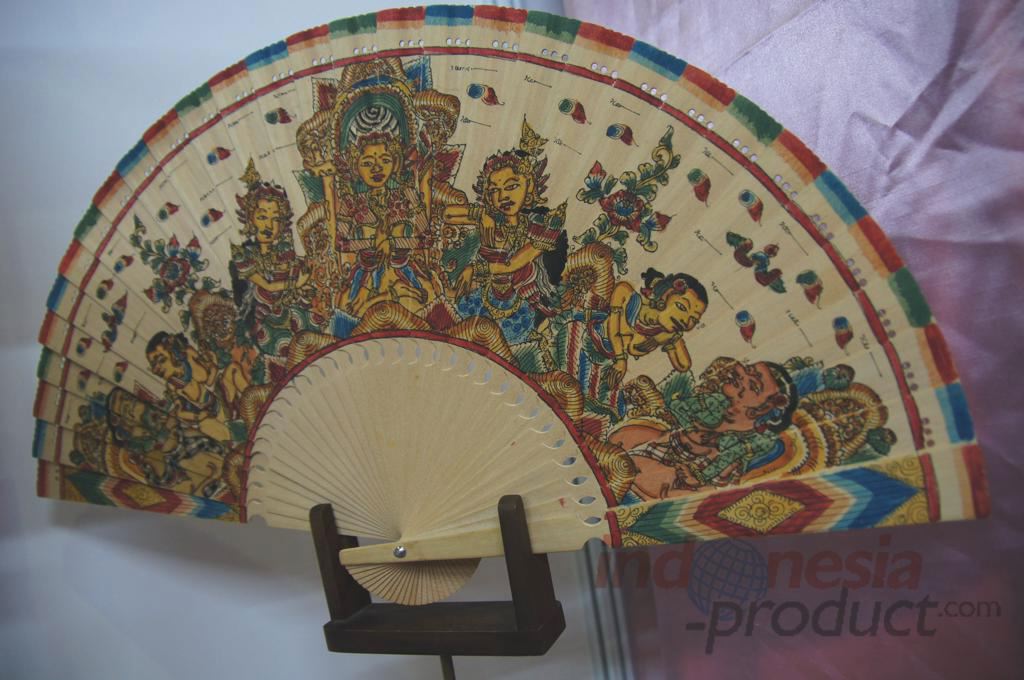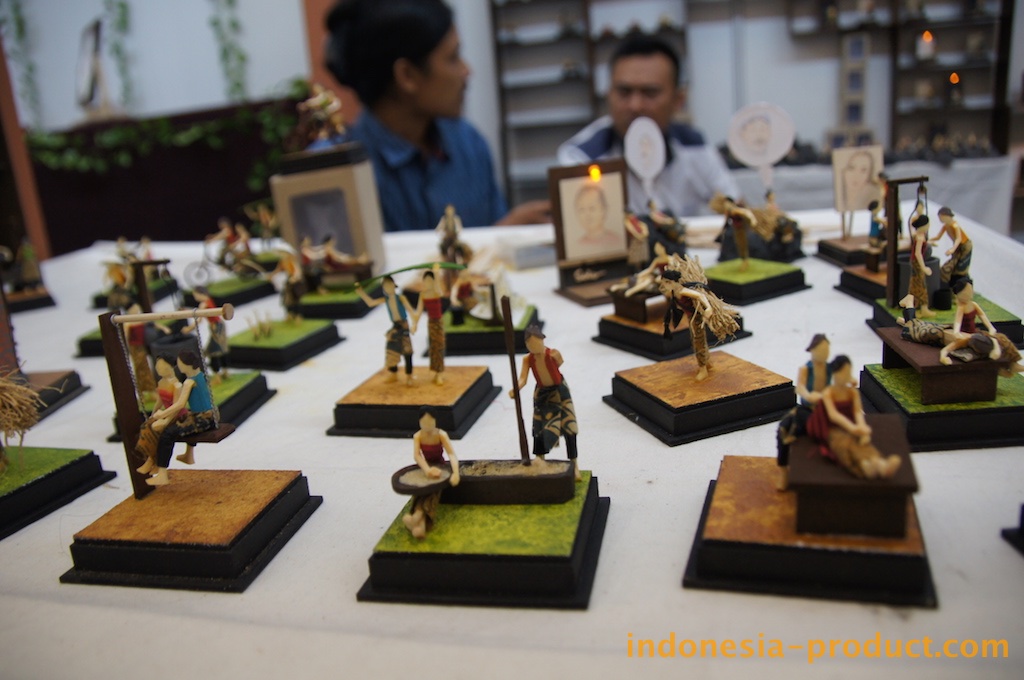By Channel NewsAsia’s China Correspondent Ca-Mie De Souza
BEIJING : People in China are living longer, and the elderly in Beijing tops the list in life expectancy, averaging 79 years of age.
Some senior citizens in the Chinese capital are turning their retirement years into golden years by heading back to school.
69-year-old Weng Shiyao heads the computer club at a college for senior citizens.
He chats online, organises his digital photos and has his own website called “Bu Lao Weng” or “Forever Young Weng,” a pun on his resilience and energy.
He shares tips on computer programmes, displays poems by his friends, and shows off his favourite pictures.
“In the past, at age 60 or 70, people appeared quite old. Now, I’m nearly 70 yet I feel like I’m up for anything. I still have the energy to learn. If I don’t, I won’t be able to keep up with the times,” said Wang, a student at China Railway Aged College.
Mr Weng’s desire to learn was met at the China Railway Aged College.
Such colleges catering solely to the elderly is unique to the country.
They started sprouting up after manpower laws were changed in 1982
China eliminated lifelong employment, the so-called “iron rice bowl”, and replaced it with the retirement scheme.
Said Shi Xiaoyan, Vice Principal of China Railway Aged College: “Once the older workers leave, they’re cut off from society. And their family becomes their entire world. The gap between them and society will grow.”
To bridge this gap, efforts were made to keep retired workers active.
“Some people like music and dance, some like painting and calligraphy, while others like photography, handicraft or composing and reciting poetry. There are many different interests. That’s why we positioned ourselves as a comprehensive college offering a variety of courses,” said Shi.
The handicraft classes here are very popular and talented graduates even have their own club.
With the college constantly looking out for new courses, there are plans to add on nutrition and fitness, and fashion design.
There are now 26,000 such colleges throughout China, and fees are pegged at affordable rates.
At one such college in Beijing, students pay between US$5 and US$15 each term, or every four months.
For that fee, there is no limit to the number of courses they can take, as long as they can cope with the load.
“This has raised their quality of life and they’ve been able to keep pace with society and not be cut off from society,” said Shi.
“I believe that the quality of a person’s life lies in the content. If you have new content each day, you will feel as if you’ve lived a fuller life,” said Wang.- CNA/ch/ls





